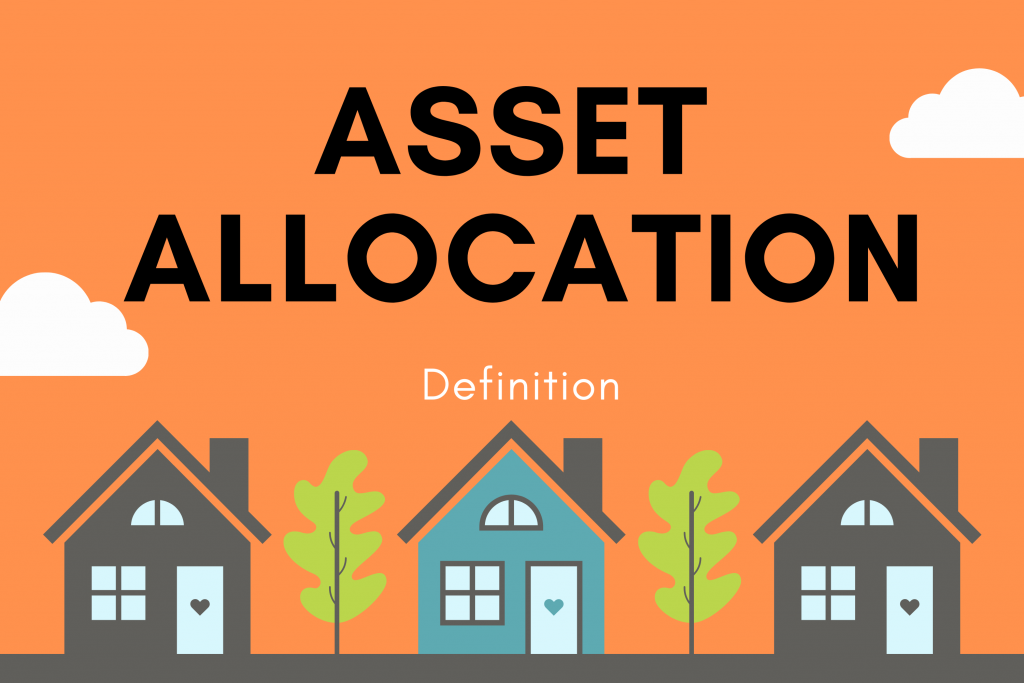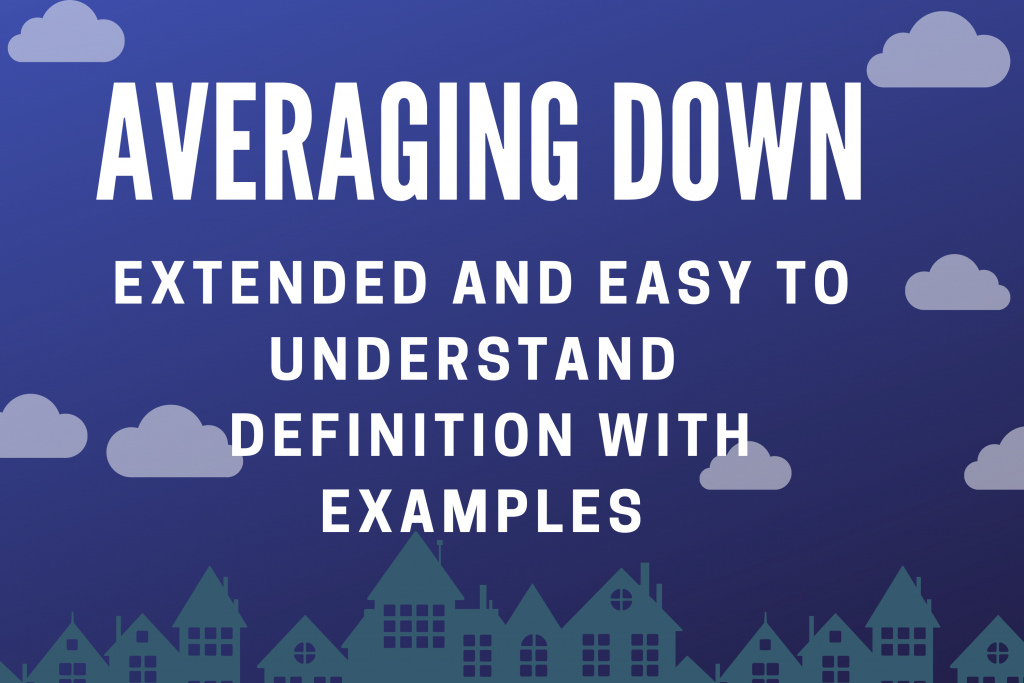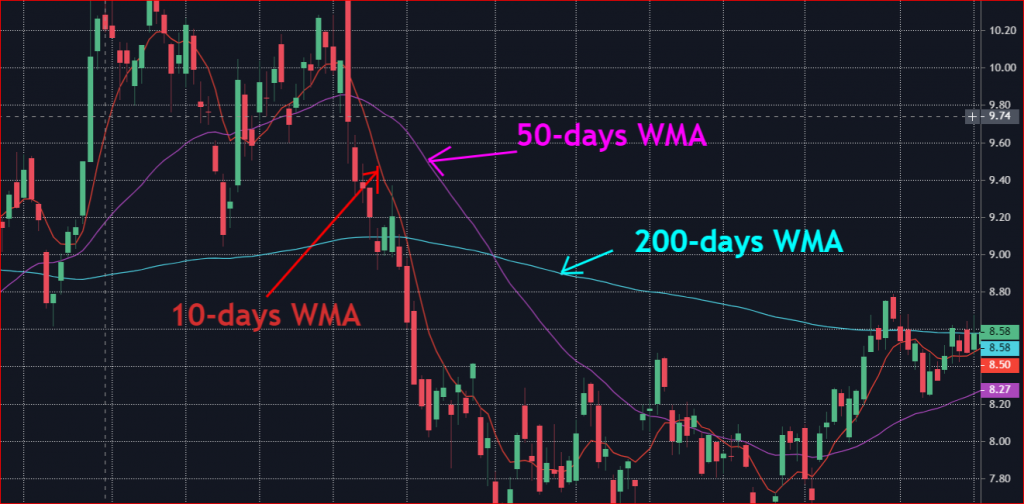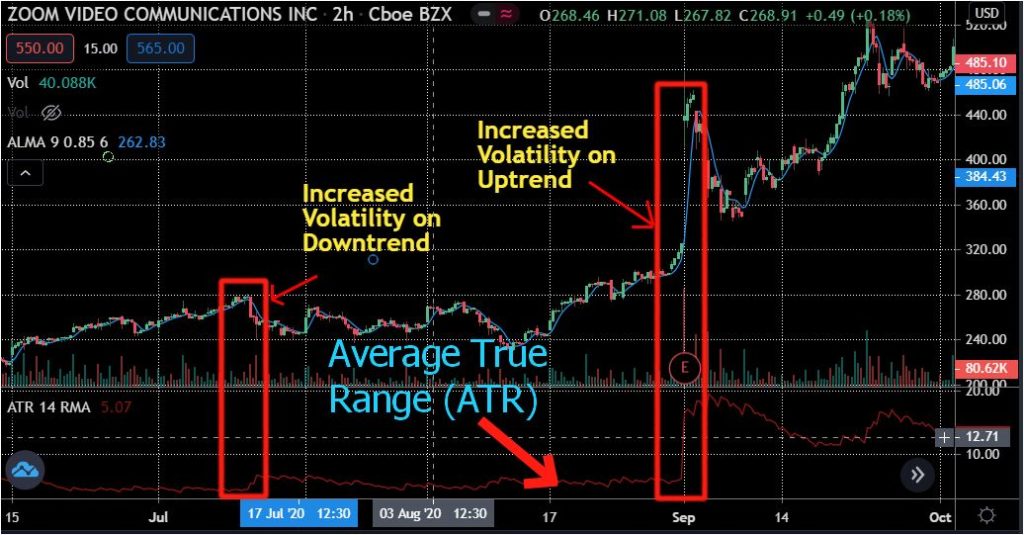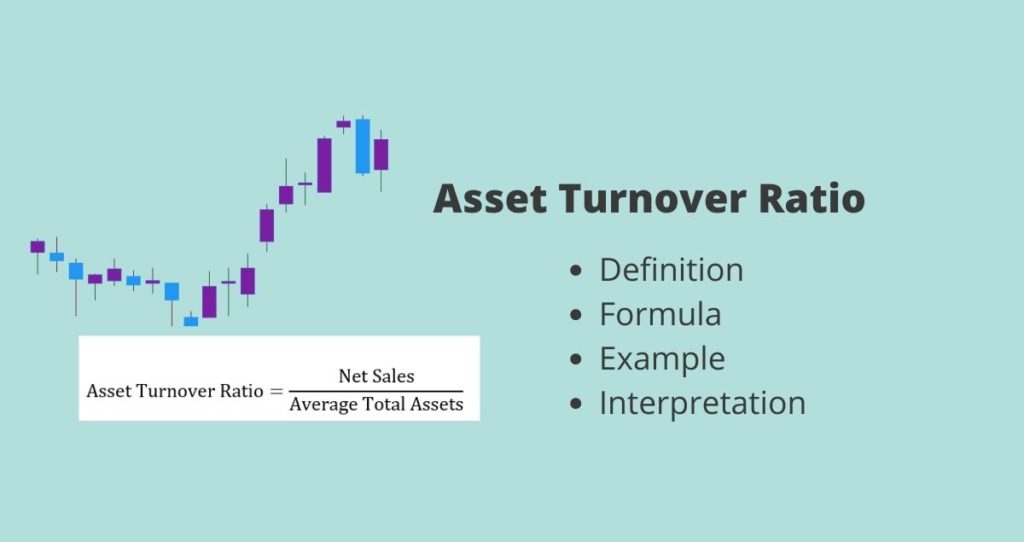What is asset allocation?
Asset allocation is an investment technique investors use to balance their portfolios in an attempt to minimize risks and increase profits. Many investors especially long term ones make this strategy a priority.
Techniques and percentages investors use on each allocation are different depending on their future goals, risk tolerance, and investment strategies.
How does asset allocation works?
Asset allocation is a requirement in many investment strategies. Although there is no exact formula to follow; investors recommend diversifying assets across many sectors to minimize risks.
Some investors recommend using age-based asset allocation method. To know the percentage you need for every allocation, you will need to use your age and other parameters.
For example, investors would subtract 100 from their age to know the percentage they need to put in stocks.
The time frame recommendations to hold stocks is a minimum of five years. You can hold bonds somewhere between one to 5 years.
On the other hand, you can hold cash and related assets for shorter-term use such as buying a car, etc. Source: Investopedia.com.
Asset classes for investment diversification
- Equities
- Cash and equivalents
- Fixed-income
The following are some of the assets where you can diversify your money.
- Stocks
- Bonds
- Certificates of deposit
- Retirement accounts
- Mutual funds
- Saving accounts
Benefits of asset allocation
- Protection against volatility
- Helps in diversification
- Risk reduction. Economic conditions can trigger a crash of the market. You could lose a lot of money if you did not allocate your assets correctly. For example, if you put all your money in stocks; you could lose most of your portfolio from a stock market crash.
Finals words
To succeed as an investor whether short-term or long term, you must allocate your assets. This will protect your investment portfolio from unexpected market downturns.
Methods and techniques to use will depend on your investment goals, your risk tolerance, and investment strategies.
